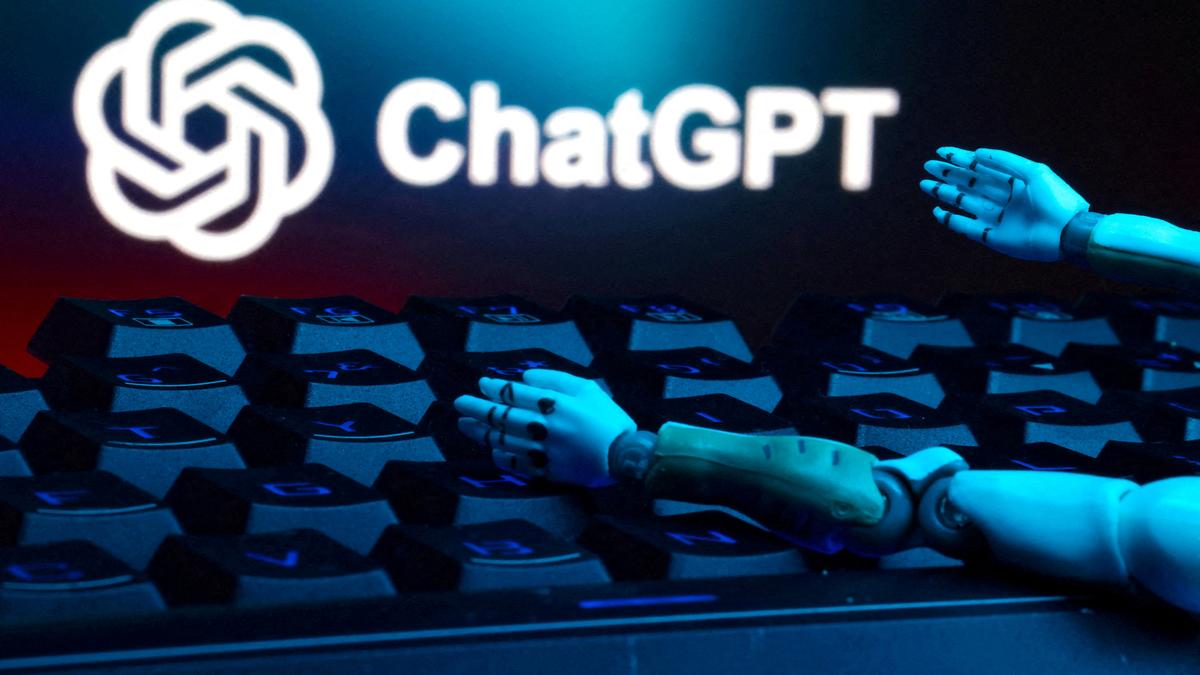A U.S. judicial panel decided on Thursday to consolidate in New York several copyright cases brought by prominent authors and news outlets against OpenAI and its largest backer Microsoft.
The U.S. Judicial Panel on Multidistrict Litigation's order moves California lawsuits brought by Ta-Nehisi Coates, comedian Sarah Silverman and other writers to Manhattan federal court to be joined with similar cases from news publications including The New York Times and authors including John Grisham, Jonathan Franzen and George R.

R. Martin. OpenAI proposed consolidating the cases in northern California, while most of the plaintiffs opposed centralising the cases.
"We welcome this development and look forward to making it clear in court that our models are trained on publicly available data, grounded in fair use, and supportive of innovation," an OpenAI spokesperson said. New York Times attorney Steven Lieberman of Rothwell Figg said the company looked forward to "continuing to prove in New York that Microsoft and OpenAI committed widespread theft" of its work. A Microsoft spokesperson declined to comment on the decision.
Attorneys and representatives for the authors did not immediately respond to requests for comment. The cases are part of a wave of high-stakes litigation against tech companies including OpenAI, Microsoft and Meta Platforms from copyright owners who allege that the companies used their material without permission to train AI systems. Judges are just beginning to consider whether the tech companies are immune from the allegations based on U.
S. copyright law's "fair use" doctrine, which allows for the unauthorised use of copyrighted works in some circumstances. OpenAI asked the panel last year to combine 12 lawsuits from writers and news outlets into a single case for pretrial proceedings, arguing that they stemmed from "the same underlying allegations: that OpenAI used plaintiffs’ copyrighted works to train certain large language models.
" The plaintiffs argued that their cases were too different to justify centralizing them. The panel said on Thursday that joining the cases before U.S.
District Judge Sidney Stein would "serve the convenience of the parties and witnesses and promote the just and efficient conduct of this litigation." Stein currently presides over the New York cases brought by the authors and the Times. Published - April 04, 2025 09:15 am IST Copy link Email Facebook Twitter Telegram LinkedIn WhatsApp Reddit Ghibli effect: ChatGPT usage hits record after rollout of viral feature In shift, OpenAI announces open AI model ChatGPT faces outage amid Ghibli art frenzy; OpenAI says services back on track ChatGPT’s viral Studio Ghibli-style images highlight AI copyright concerns technology (general) / internet / Artificial Intelligence / patent, copyright and trademark / litigation and regulation / USA.
Technology

OpenAI copyright lawsuits from authors, New York Times consolidated in Manhattan
OpenAI asked the panel last year to combine 12 lawsuits from writers and news outlets into a single case for pretrial proceedings















